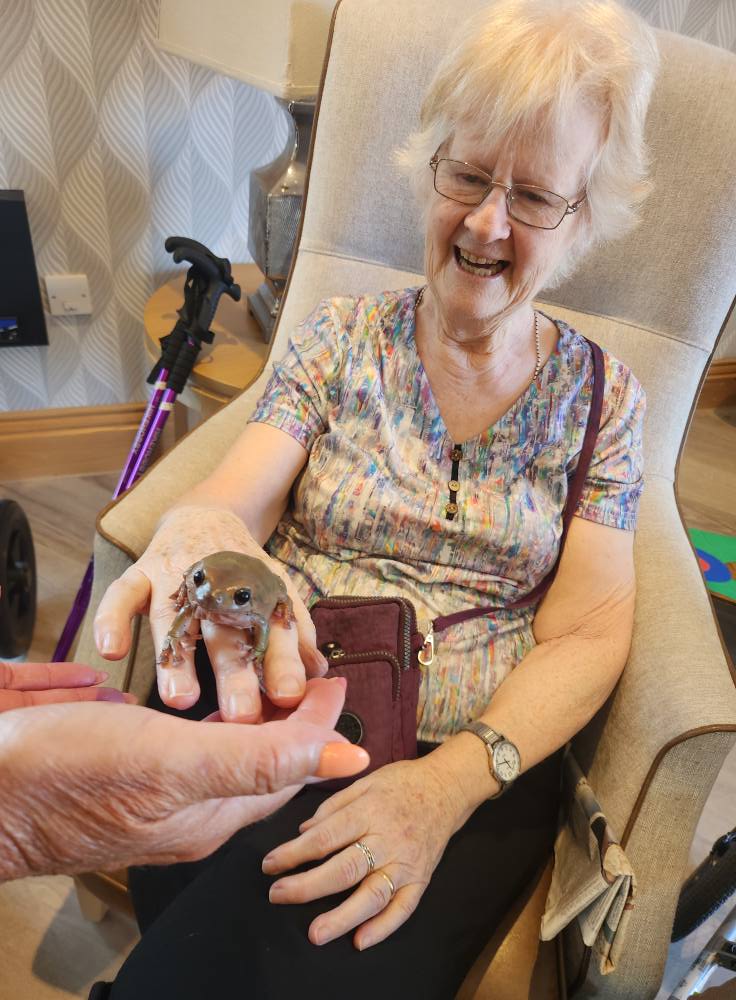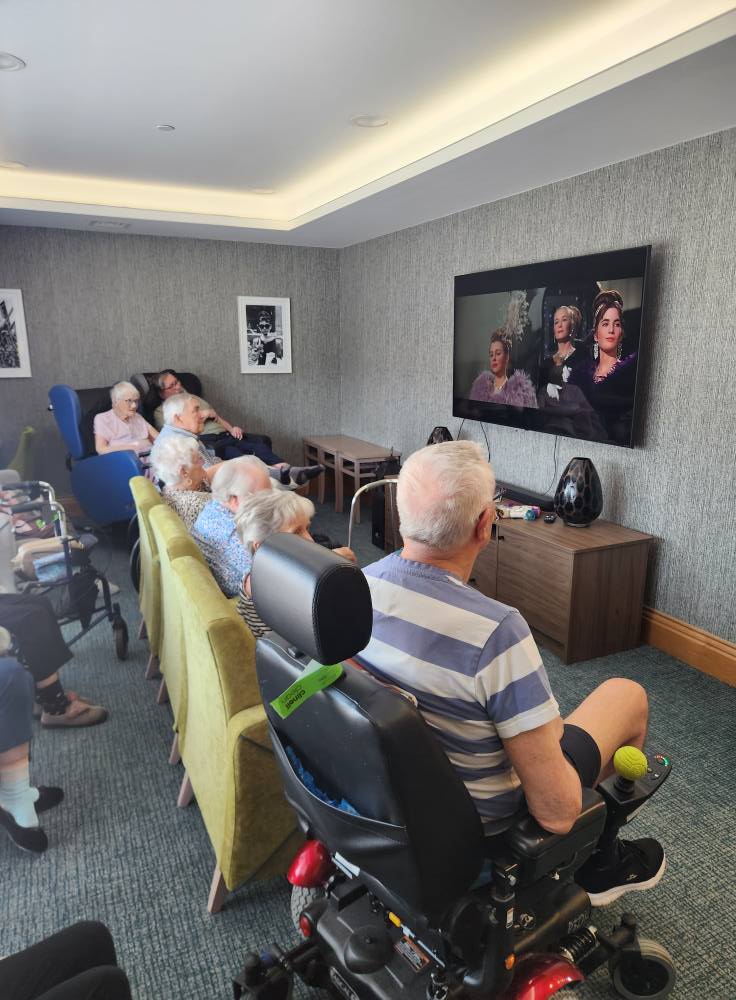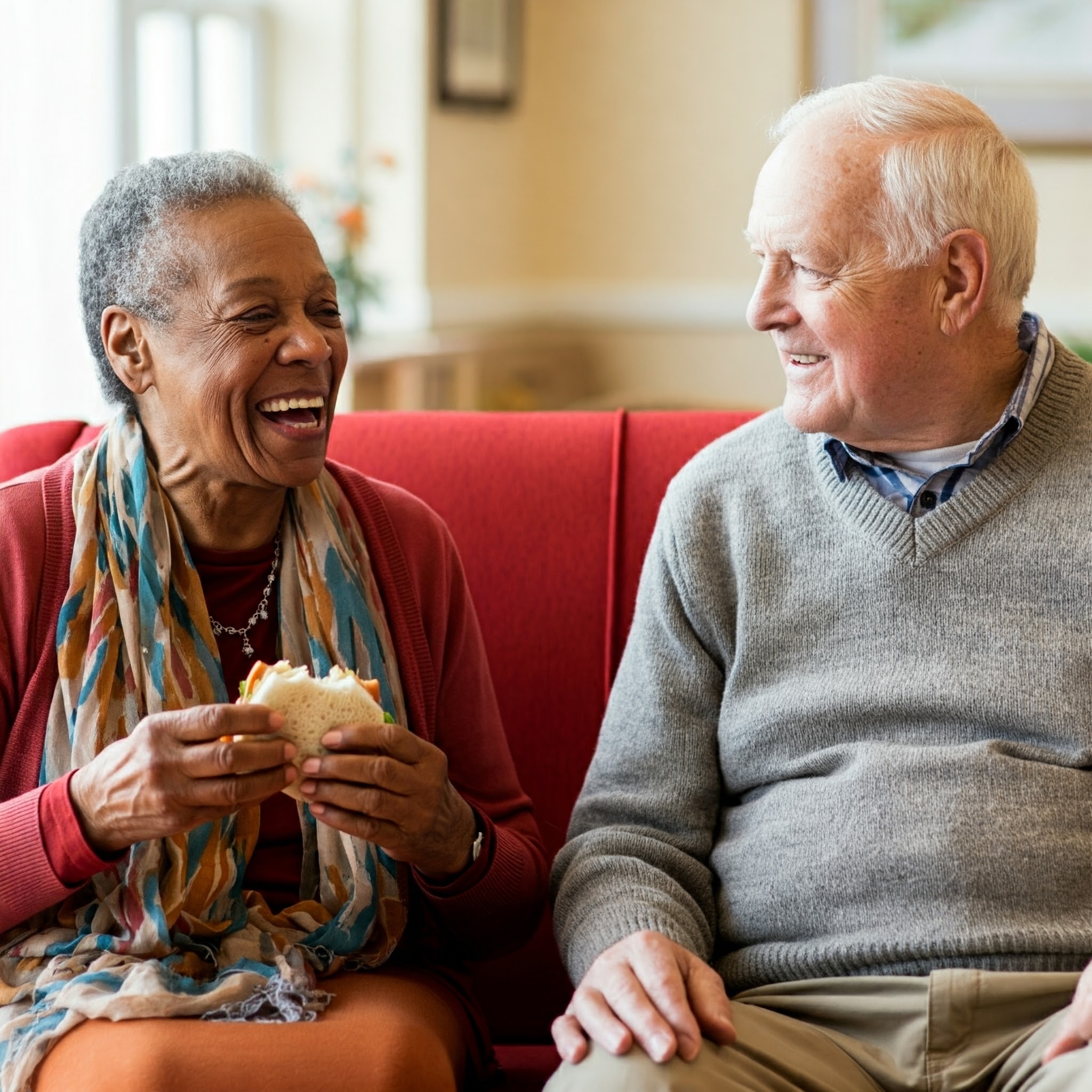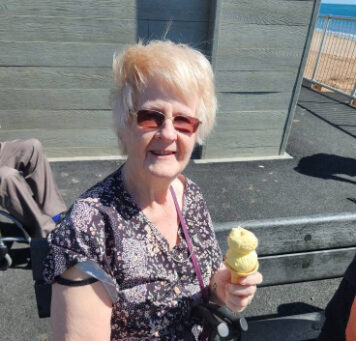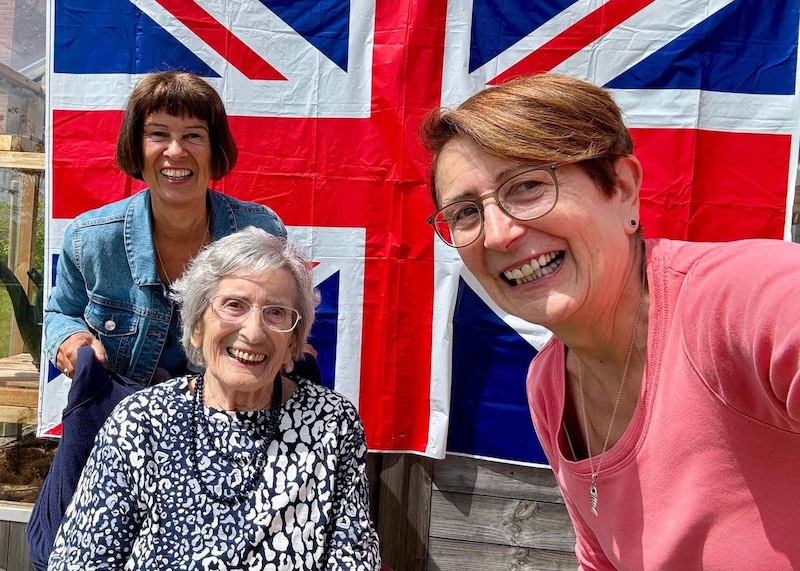Winter Advice Tips for the Elderly
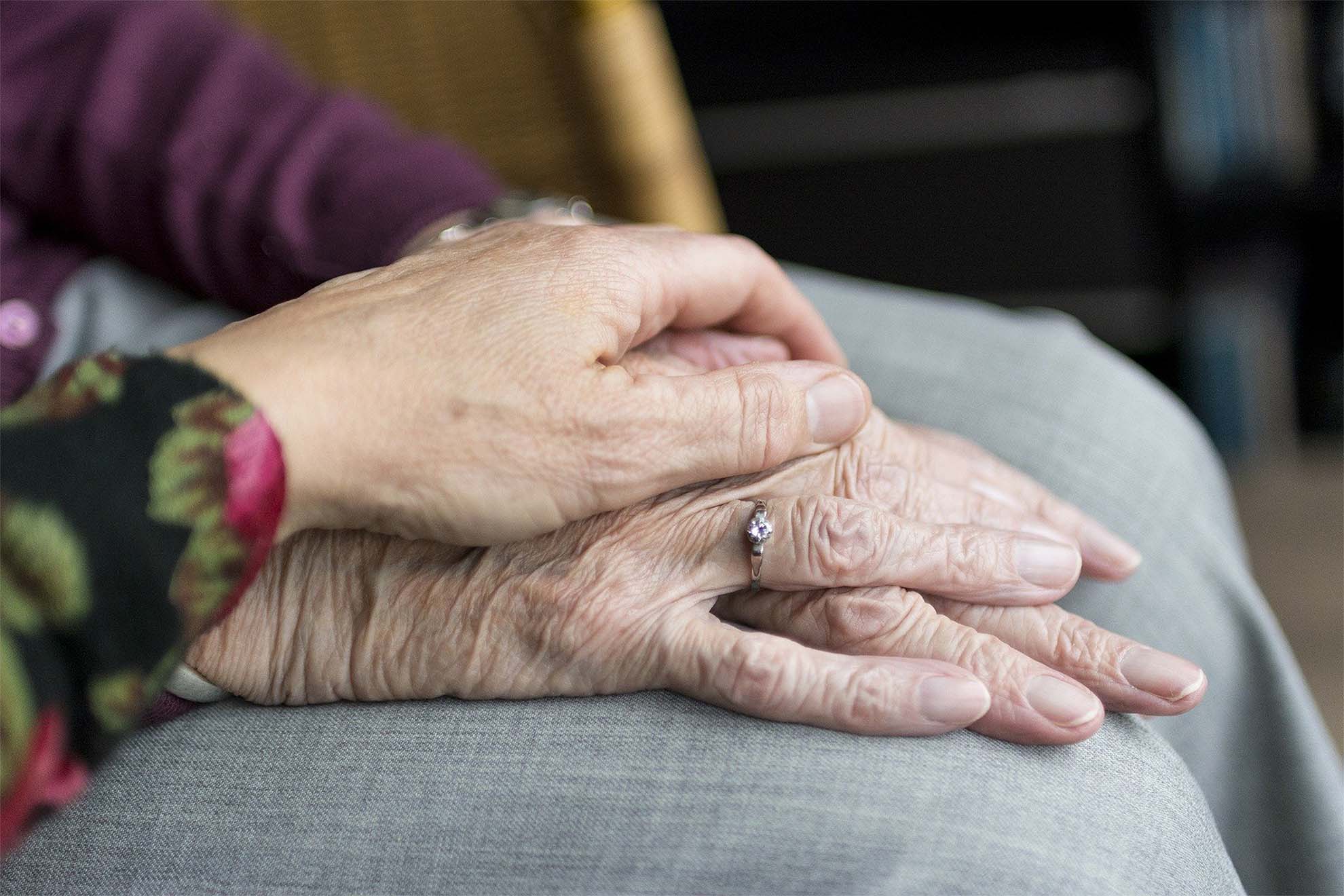
As the cold weather creeps in, wintertime can bring a host of health risks and complications for the elderly in the UK. As we age, our immune systems weaken and are therefore less able to fight off viruses.
From around the age of 55, we lose around 1% of our muscle mass every year, and it’s our muscle that keeps us warm. Typically, lower temperatures can make health conditions harder to manage and can affect hearts and circulation.
Fortunately, there are some precautions that can be taken to help mitigate these risks and ensure sure loved ones are cared for this winter. Here are our top 12 tips:
1. Regular Movement
It is recommended to no sit for longer than one hour at a time. With each hour, small physical movement is encouraged; even just a little physical activity can help maintain strength and mobility.
Some things to try:
- Walking - A gentle walk around the neighbourhood or in a nearby park.
- Stretching - Basic stretching exercises to improve flexibility, such as reaching for the sky or bending side to side.
- Chair Exercises - Seated leg lifts, ankle circles, or seated marches can be done while sitting comfortably.
- Gardening - Even in winter, light gardening or even indoor activities like planting flowers, weeding, or watering plants.
- Dancing - Put on some music and enjoy light dancing or swaying to the rhythm.
- Yoga - Beginner-level yoga poses or chair yoga to promote flexibility and relaxation
- Balloon Volleyball - A game of balloon volleyball to improve hand-eye coordination and promote gentle upper body movement. This can be done sitting or standing, making it incredibly adaptable.
- Swimming or Water Aerobics - Water provides resistance while being gentle on the joints. Swimming or participating in water aerobics classes offers a low-impact way to exercise.
- Household Chores - Light chores such as dusting, sweeping, or folding laundry.
- Making Tea or Coffee - The simple act of getting up, moving to the kitchen, and preparing a cup of tea or coffee involves light activity.
Pre-recorded exercise videos via Oomph! are perfect for inspiration and motivation. There are many basic chair-based exercise routines that are useful to do too, such as the one shown in this video provided by the NHS.
2. Eat Well & Stay Hydrated
The elderly are more prone to dehydration as they tend to eat and drink less than others. In general, people feel less thirsty during the winter and do not drink as much fluid as they should compared to warmer months, and therefore consume less water.
Cold, dry air can also contribute to moisture loss. Regular nutritious meals coupled with regular water and fluid intake, including hot drinks, can help older people stay warm.
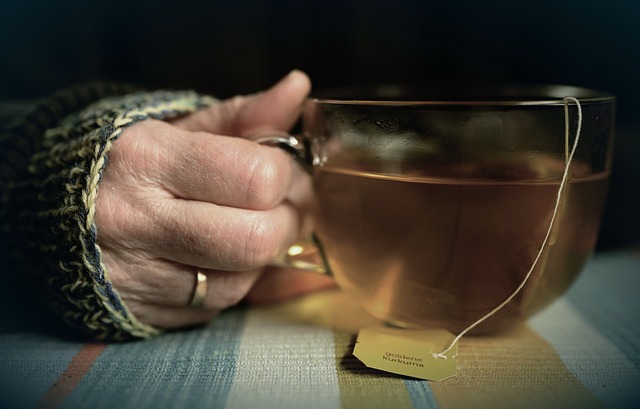
3. Winter Vaccinations
It is well known that respiratory viruses are more widespread in winter, so it's especially important for older people to get vaccinations. The flu jab vaccine is offered for free to those who are ages 65 and over.
The NHS website also states, starting from mid-October, those aged 50 years old or over can have a free NHS flu jab. You are able to get a flu vaccination from the GP, pharmacy or at the hospital.
4. Be Conscious of Medicine Side Effects
Some medicines can affect body heat, these include medicines prescribed by a doctor as well as those purchased over-the-counter. Ask your doctor or pharmacist if the medicines you take include side effects that may affect body heat.
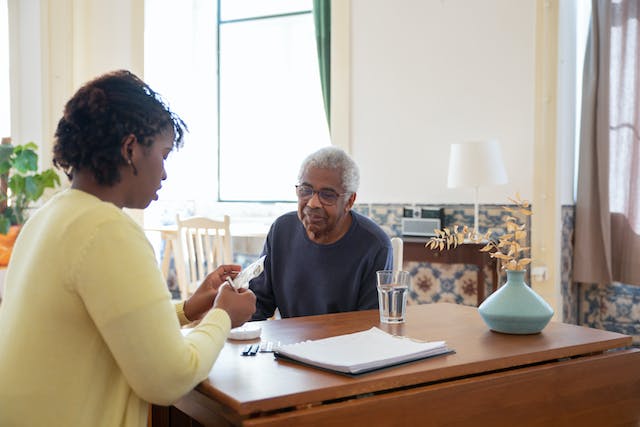
5. Stay Warm at Home
It is encouraged that people maintain a steady and comfortable temperature throughout the day, especially in colder weather. Where possible, it is recommended to keep the heating on at approximately 18 degree celsius, continuously to ensure consistency of temperature.
Other ways to retain heat include closing the curtains to help keep heat in, block out the draughts and installing thermostatic radiator valves. When sitting, wrap up with a shawl or blanket. Air is cooler at ground level, so it can even help to pop your feet up on a footstool.
A practical tip for staying warm in winter is to layer clothing. Starting with a thermal or moisture-wicking base layer, followed by an insulating layer like a comfy jumper, and finishing with a windproof and water-resistant outer layer, this provides the opportunity to remove layers to adjust to varying temperatures.
Adding accessories such as a hat, gloves, and a scarf further enhances warmth, while indoor layering with blankets, shawls, thermal socks, and slippers ensures comfort indoors. A hot water bottle can also be used not only have in your lap but also to pre-heat a chair or the bed ahead of using it.
6. Reduce Germ Spreading
As well as being up to date with vaccinations, there are some other easy measures you can take to reduce the spread of germs and illness, that can be carried every day.
Regularly washing your hands with soap and water is one of the best ways to prevent germs spreading. We also recommend regularly using antibacterial hand gel also.
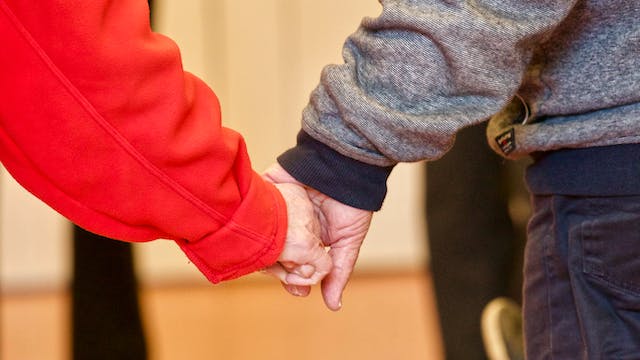
7. Vitamin D Supplement
Everyone needs vitamin D for healthy bones, teeth and muscles. Our bodies create it from sunlight as well as from a small number of foods including oily fish, eggs, margarine, yoghurt and fortified breakfast cereals.
However, people over the age of 65 are at a higher risk of not getting enough vitamin D, especially during the winter. Age UK state “it's recommended that over-65s take a supplement of vitamin D of 10 micrograms per day”.
8. Avoid Chilblains
NHS Inform describes Chilblains as red, itchy swellings that occur as a reaction to cold temperature and are typically found on areas such as the toes, fingers, heels, ears and nose. Sitting close to an open fire, a radiator or heater can cause chilblains.
A practical tip for avoiding chilblains, includes wearing thermal gloves, warm socks, and head coverings to shield against the cold, and choosing insulated and waterproof footwear. Layering clothing appropriately, using moisture-wicking base layers, and avoiding sudden temperature changes contribute to preventing chilblains.
If you do get chilblains, dab the swellings with calamine or witch hazel so they’re less itchy. If they do not improve after 1-2 weeks, we recommend seeking advice from a GP or pharmacist.

9. A Personal Alarm
During the cold winter months, elderly people may not feel as steady on their feet, and they might feel a little more isolated than usual. If so, a personal alarm can help and provide reassurance. A personal alarm is designed to assist instantly, should the wearer experience a fall or they become unwell.
A simple press of a button will connect the wearer to a 24-hour call centre. Simply worn around the neck or wrist, a personal alarm is an unobtrusive way to keep older and vulnerable people connected and feeling safe.
10. Keep Warm When Out
It is vitally important to ensure you stay warm when out in the winter months. When temperatures are low, make sure to keep your hands and face warm. When hands and face get cold, blood pressure can rise and its then possible this can increase the risk of a heart attack.
As well as wearing gloves and a hat, we recommend covering your mouth with a scarf, even when outside for short periods. Cold feet can also trigger a rise in blood pressure, so choose and wear footwear with a warm lining, or wear thermal socks.
Wearing several thin layers of clothing rather one thick layer is often more effective for keeping warm as the layers trap warm air between them. Start with thermal underwear, warm tights or woollen socks and add layers of clothing.
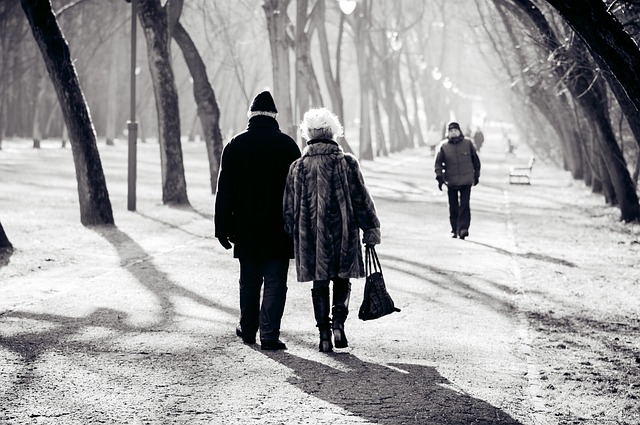
11. Be Careful of Icy or Wet Surfaces
Walking can be beneficial during winter, but there are a few precautions to help stay safe and confident when out and about.
Non-slip soles on footwear can help keep you steady when it’s icy. Using a stick that is the right height is a helpful way to make going out in cold weather safe and enjoyable. It is also a good idea to regularly check the local news and weather reports to be able to dress appropriately or avoid going out when the weather is really bad.
12. Keep Spirits Up
Winter can be a difficult time; shorter days combined with bad weather can make it much more difficult to get out and about. Some practical tips for keeping spirits up:
- Engage in Social Activities
- Pursue Hobbies and Interests
- Maintain a Healthy Routine
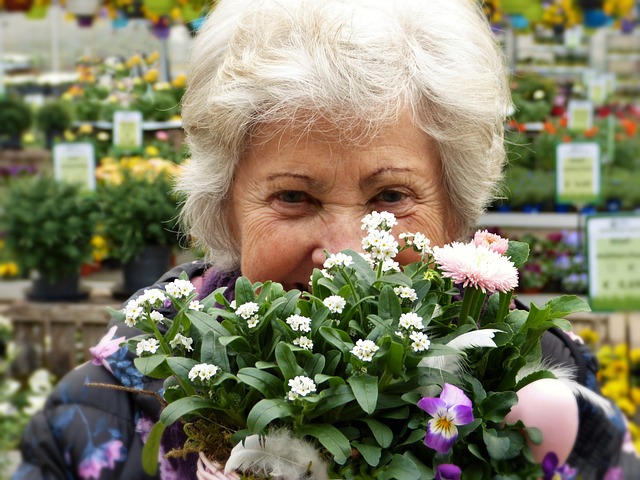
Further Support & Advice
Should you need additional support and advice, there are a number of places to reach out to:
Age UK Advice
0800 169 65 65, lines are open seven days a week from 8am to 7pm.
www.ageuk.org.uk
GOV.UK
Government website of services and information that includes advice on taking care of yourself in winter.
www.gov.uk
NHS.UK
Web-based information about NHS services, healthy living and health conditions.
www.nhs.uk
If you are Feeling Unwell, Get Help
Should you find yourself feeling unwell, are 65 or over, or in one of the other at-risk groups, it's important to get medical help as soon as possible:
A Pharmacy
Pharmacists can provide treatment advice for a range of minor illnesses and can tell you if you need to see a doctor.
GP
You may be able to speak to a GP online or over the phone, or face-to-face.
NHS 111
Go to 111.nhs.uk online or call 111 if you have an urgent medical problem and you’re not sure what to do.
We’re here to help
Alexander House is here to support those who require help. Our wonderful team is on hand to provide expert advice and welcome you to get in touch. Our home provides access to an enriched quality of life where residents are able to live happy and healthy, free from the stresses of day-to-day life.

